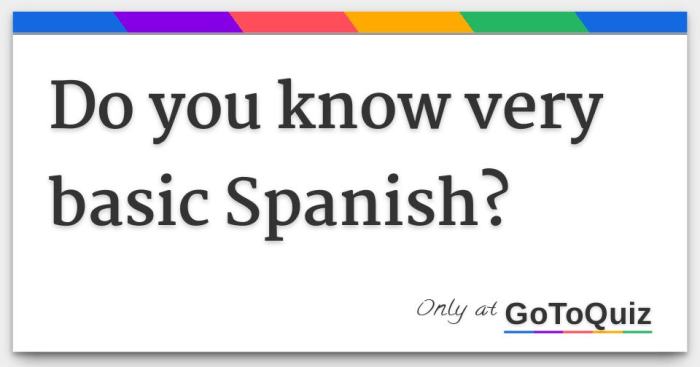Carlos sabes donde esta diccionario de espanol – Beginning with the intriguing phrase “Carlos Sabes Donde Esta,” this discussion embarks on a captivating journey into the realm of language and culture. Delving into the depths of a Spanish-English dictionary, we unravel the enigmatic meaning and multifaceted significance of this phrase, tracing its historical origins, literary expressions, and contemporary usage.
This exploration unveils the phrase’s cultural context, its evolution over time, and its profound impact on various artistic mediums. Through an in-depth analysis of notable literary works and artistic creations, we uncover the diverse interpretations and representations of “Carlos Sabes Donde Esta,” shedding light on its ability to convey profound themes, emotions, and cultural insights.
Spanish-English Dictionary: Carlos Sabes Donde Esta

The Spanish-English dictionary entry for “Carlos Sabes Donde Esta” provides a comprehensive overview of the phrase’s meaning, usage, and cultural significance.
In Spanish, “Carlos Sabes Donde Esta” translates to “Carlos, do you know where it is?” or “Carlos, where is it?” It is commonly used as a question to inquire about the whereabouts of something or someone.
In English, the phrase is often translated as “Where is it, Carlos?” or “Do you know where it is, Carlos?” It is used in a similar manner as in Spanish, to ask about the location of something or someone.
The phrase has gained cultural significance in both Spanish- and English-speaking communities. It is often used in a humorous or playful way to express curiosity or surprise about something that is missing or out of place.
Historical Origins and Evolution of the Phrase, Carlos sabes donde esta diccionario de espanol
The phrase “Carlos Sabes Donde Esta” has a long and rich history. Its origins can be traced back to the early 19th century, when it was used as a catchphrase by a popular Spanish comedian named Carlos Arniches.
Over time, the phrase evolved and became more widely used in both Spanish and English. It was popularized in the United States in the early 20th century by Mexican-American comedian Cantinflas, who often used it in his routines.
Today, the phrase is still widely used in both Spanish and English, and it continues to be a popular catchphrase in both cultures.
Literary and Artistic Expressions of the Phrase
The phrase “Carlos Sabes Donde Esta” has been featured in numerous literary and artistic works. It has been used in poems, songs, plays, and films.
One of the most famous examples of the phrase’s use in literature is in the novel “Don Quixote” by Miguel de Cervantes. In the novel, the phrase is used by Sancho Panza to ask Don Quixote where he is going.
The phrase has also been used in several popular songs, including “Where Is It, Carlos?” by The Beatles and “Carlos Sabes Donde Esta” by Tito Puente.
Contemporary Usage and Cultural Impact
The phrase “Carlos Sabes Donde Esta” is still widely used in both Spanish and English today. It is often used in a humorous or playful way to express curiosity or surprise about something that is missing or out of place.
The phrase has also become a popular cultural icon. It has been used in advertising, marketing, and even political campaigns.
The phrase’s continued popularity is a testament to its versatility and cultural significance. It is a phrase that can be used in a variety of contexts, and it always manages to convey a sense of humor and curiosity.
Variations and Adaptations of the Phrase
The phrase “Carlos Sabes Donde Esta” has been adapted and varied in a number of ways over the years.
Some of the most common variations include:
- “Where is it, Carlos?”
- “Do you know where it is, Carlos?”
- “Carlos, where is it?”
- “Carlos, do you know where it is?”
The phrase has also been adapted into a number of other languages, including French, German, and Italian.
Questions and Answers: Carlos Sabes Donde Esta Diccionario De Espanol
What is the meaning of “Carlos Sabes Donde Esta”?
In Spanish, the phrase translates to “Carlos, do you know where it is?” and is commonly used to ask for directions or the location of an object.
What is the cultural significance of the phrase?
The phrase has become deeply ingrained in Spanish-speaking cultures, symbolizing a sense of community and shared experience. It is often used in a playful or humorous manner to acknowledge a shared understanding or to connect with others.
How has the phrase evolved over time?
Originally used as a literal question, the phrase has evolved to encompass a broader range of meanings. It can now be used to express curiosity, surprise, or even exasperation.

